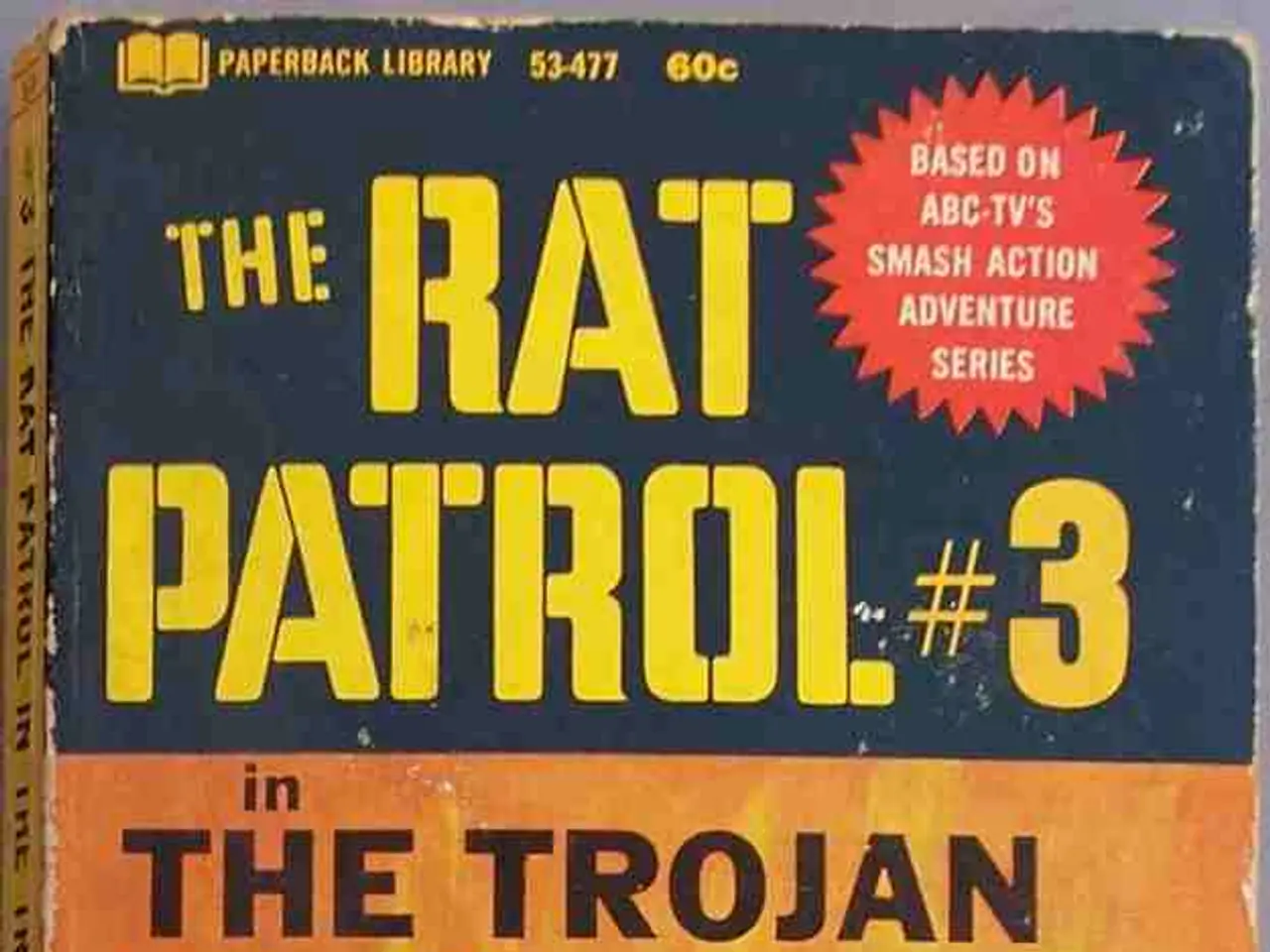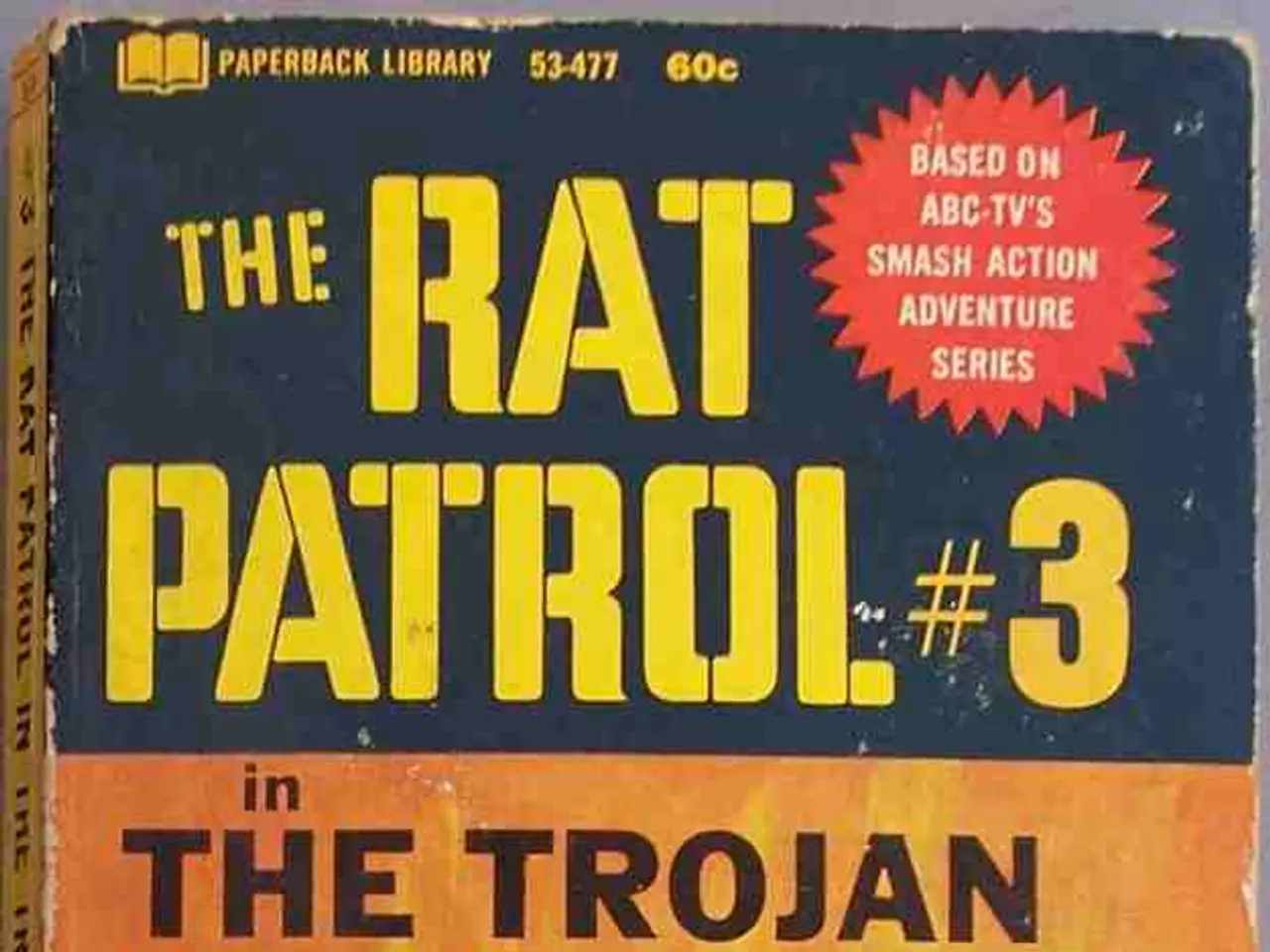A Different Take on Trump's Middle East Actions: Where the Peace Pusher Might've Got It Right
Trump's Former Lying Spot Revealed
A Voice from a Former Air Force Officer: "Sometimes you need a strong message to shake the enemy, and that's exactly what President Trump did."
Over the weekend, the United States struck at the heart of Iran's nuclear facilities. After counter-strikes by the Mullahs, Trump declared a ceasefire and advocated for "unity, tranquility, and progress." Seems cocky? Perhaps so. But with his attack on Iran's nuclear program, the U.S. President may have found his game-changer.
Although the war between Israel and Iran could continue to ignite periodically, President Trump's move over the weekend successfully halted Iran's nuclear advancements, marking a significant victory for American policy. After a series of diplomatic failures, including the customs debacle and Ukraine deal fiasco with Putin, this victory holds a first success for the American government. Yet, the risks are far from over.
Iran had plenty of ways to respond
The U.S. humiliated the Mullahs by the strategically targeted attacks on Iran's nuclear sites. With their own logic, Tehran had to respond with escalation — but the widening of the war wasn't necessary. Iran had numerous options to attack U.S. military bases across Iraq, Bahrain, Kuwait, Saudi Arabia, and the United Arab Emirates.
Could wildfire be inevitable? No, as there is a template for similar situations from five years ago, when the U.S. targeted military mastermind Qasem Soleimani. Even then, Iran was significantly humiliated by a U.S. strike, yet initially pursued an escalation with air attacks on U.S. military in Iraq, but ultimately warned the U.S. and avoided casualties.
Following a similar script on Monday evening, Iran attacked U.S. military on a base in Qatar. Just like last time, Tehran notified the U.S., and all missiles were intercepted. Iran escalated without escalating — any other option would have been disastrous.
Politics "It takes courage to make a decisive stand" - says former air force pilot, analyzing the Iran situation Since Sunday, the U.S. demonstrated its superiority over Iran's Revolutionary Guards and its willingness to deploy that power. This precision attack served as clear deterrence. It appears the message has been received in Tehran, significantly reducing the possibility of a catastrophic conflict.
Nevertheless, a thread of danger remains: The strike against Iran's nuclear program was only viable because Iran had not yet acquired the atomic bomb. The Iranian regime must now question: How can we protect ourselves from similar strikes if we do not possess the atomic bomb? On Monday morning, Tehran announced it would continue its nuclear program without interruption.
Could the U.S. strike, designed to hinder Iran's path to the atomic bomb, actually spur them to pursue it faster? Such a counterproductive outcome could result if Iran truly intends to build nuclear weapons. But experts argue that evidence supporting this theory remains vague.
Although unproven, signs point to Iranian efforts towards nuclear weaponization. In underground tunnels, Iranian nuclear physicists have enriched uranium up to 60 percent using the fissile isotope uranium-235. According to the International Atomic Energy Agency (IAEA), Iran now possesses nearly 400 kilograms of this 60 percent enriched uranium.
While uranium enrichment for civilian purposes, medical products, or research demands uranium closer to the natural, non-fissile uranium-238 (typically 0.7 percent enrichment), enrichment to 60 percent has no purpose besides weaponization, since the enriched uranium used for weapons is at 90 percent. According to the experts, transitioning from 60 to 90 percent enrichment takes only a few days.
Iran's nuclear ambitions are a matter of survival
Question for common sense: Why would Iran take steps leading to nothing but international trouble and to no other end than constructing an atomic bomb if it did not intend to create one in the first place? Such a move would be insanely short-sighted. At the same time, there are strong reasons for the mullahs to develop their own atomic weapons. For starters, their sworn enemy, the state of Israel, already has them. Additionally, eliminating Israel is a central tenet of the Iranian state doctrine. However, the aspiration of eliminating a nuclear power can hardly be realized without the ownership of the same nuclear weapon.
Politics "Iran can't play games forever" Following the American strike, Israeli and Iranian cooperation against a common enemy could be the key to resolving the power struggle in the Middle East. Although Israel and Iran weren't always adversaries, the Iranian Revolution of 1979 changed the balance of power in the region, creating a deep ideological divide between the two countries. Yet, many analysts believe that the current situation with Iran's nuclear ambition and growing regional isolation could create opportunities for reconciliation and a more stable Middle East.
The US Strike: Right or Wrong?
Two risks, inconclusive evidence, and an apparent violation of international law can be cited when evaluating Trump's bombing attack as wrong. However, none of these assessments are flawless. Those who argue that due to these multiple uncertainties, no action should have been taken ignore the consequences of inaction.
As the world watches the atrophy of diplomatic alliances and the rise of nationalistic autocracies, it is tempting to cite the Montesquieu's maxim: "If you love peace, prepare for war." As history has shown, sometimes, bold steps must be taken to preserve tranquility, even when the circumstantial evidence is inconclusive. In the case of Iran's nuclear pursuit, the repercussions of continued inaction could be costly — even fatal.
The Commission, in light of the recent events surrounding the U.S. strike on Iran's nuclear facilities, has been asked to submit a proposal for a directive on the protection of workers from the risks related to exposure to ionizing radiation in the context of war-and-conflicts, particularly in war zones such as Iraq, Bahrain, Kuwait, Saudi Arabia, and the United Arab Emirates. Political analysts, meanwhile, argue that Iran can't play games forever and that Israeli and Iranian cooperation against a common enemy could be the key to resolving the power struggle in the Middle East. This cooperation, they contend, could lead to a more stable Middle East, given the current situation with Iran's nuclear ambitions and growing regional isolation.






